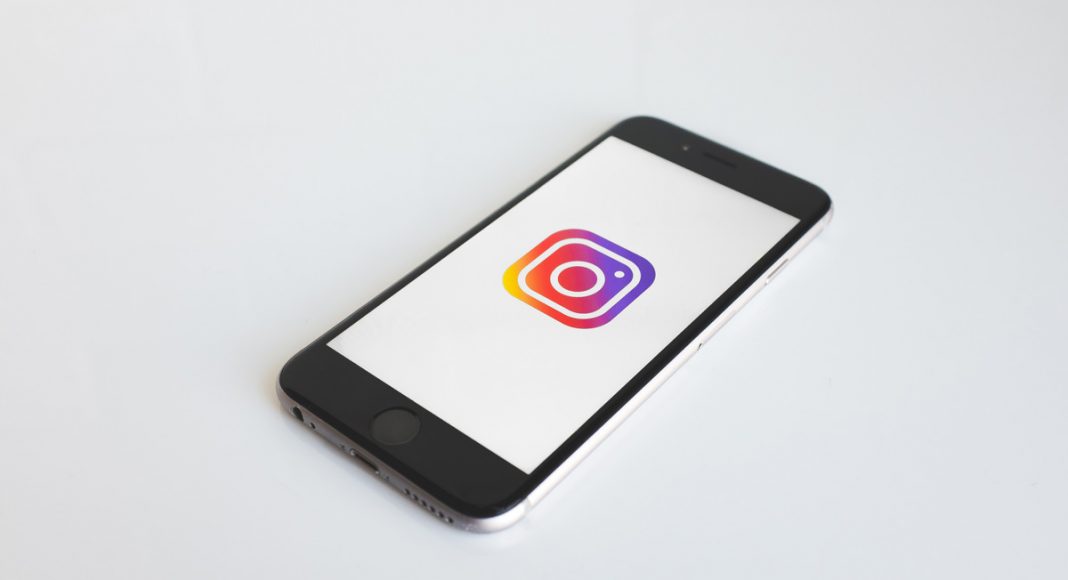Marijuana and social media have had a complicated relationship. Because cannabis companies cannot purchase ad inventory from the biggest digital advertisers on the internet, Google and Facebook, most have turned to growing organic audiences from social media accounts. The problem is those accounts are subject to deletion without a moment’s notice.
Earlier this year popular cannabis-focused YouTube vloggers like SilencedHippie and CustomGrow420 had their accounts deleted without warning from Google (which owns YouTube). Many within the cannabis community criticized YouTube for its Cannabis Purge, which apparently stemmed from advertisers not wanting their ads appearing in front of potentially “inappropriate content.”
We say apparently, because YouTube never offered any explanation for why these accounts were deleted. After vocal criticism and petitioning, some accounts were restored like CustomGrow420 and StrainCentral, while others, like SilencedHippie, remain deleted.
Now businesses and influencers have experienced similar turmoil on Instagram, according to AdWeek. Accounts featuring cannabis content have been deleted, reinstated, and deleted again on Instagram for violating “community guidelines,” a phrase invoked by YouTube as well. Company heads from Green Lion Partners and Binkse were vocal in their criticism of Instagram, which is owned by Facebook, and the platform’s inconsistent application of such rules.
“It’s almost like they have some sort of random generator,” Jeffrey Zucker, co-founder and president of Green Lion Partners, told AdWeek, adding:
What random cannabis account are we going to delete today?
Unfortunately, they have us in handcuffs, because this is the platform that’s most used by our customers. Most people in the space try to tread carefully because we know that this is an industry in transition.
Instagram’s community guidelines specifically prohibit the buying and selling of cannabis on its platform, but it makes no mention of organic posts that simply feature flower, edibles, and other products. When prompted, Instagram referred to Facebook’s community guidelines, which forbids content that “promotes, encourages, coordinates or provides instructions for use of non-medical drugs [or] admits, either in writing or verbally, to personal use of non-medical drugs unless posted in a recovery context.”
Advocating for cannabis legalization and its medical usage, however, is allowed on the platform.
“Our policies do not preclude people from discussing cannabis and its potential benefits or advocating for its legality,” an Instagram spokesperson told AdWeek. “Dispensaries can promote the use and federal legalization of marijuana provided that they do not also promote its sale or provide contact information to their store.”
For now, the cannabis industry’s operators and influencers remain at the mercy of these platforms’ discrimination. In the digital space, social media is the only potent form of advertising anyone hoping to promote their cannabis product has. Until that changes, the best anyone can do is keep their fingers crossed.


